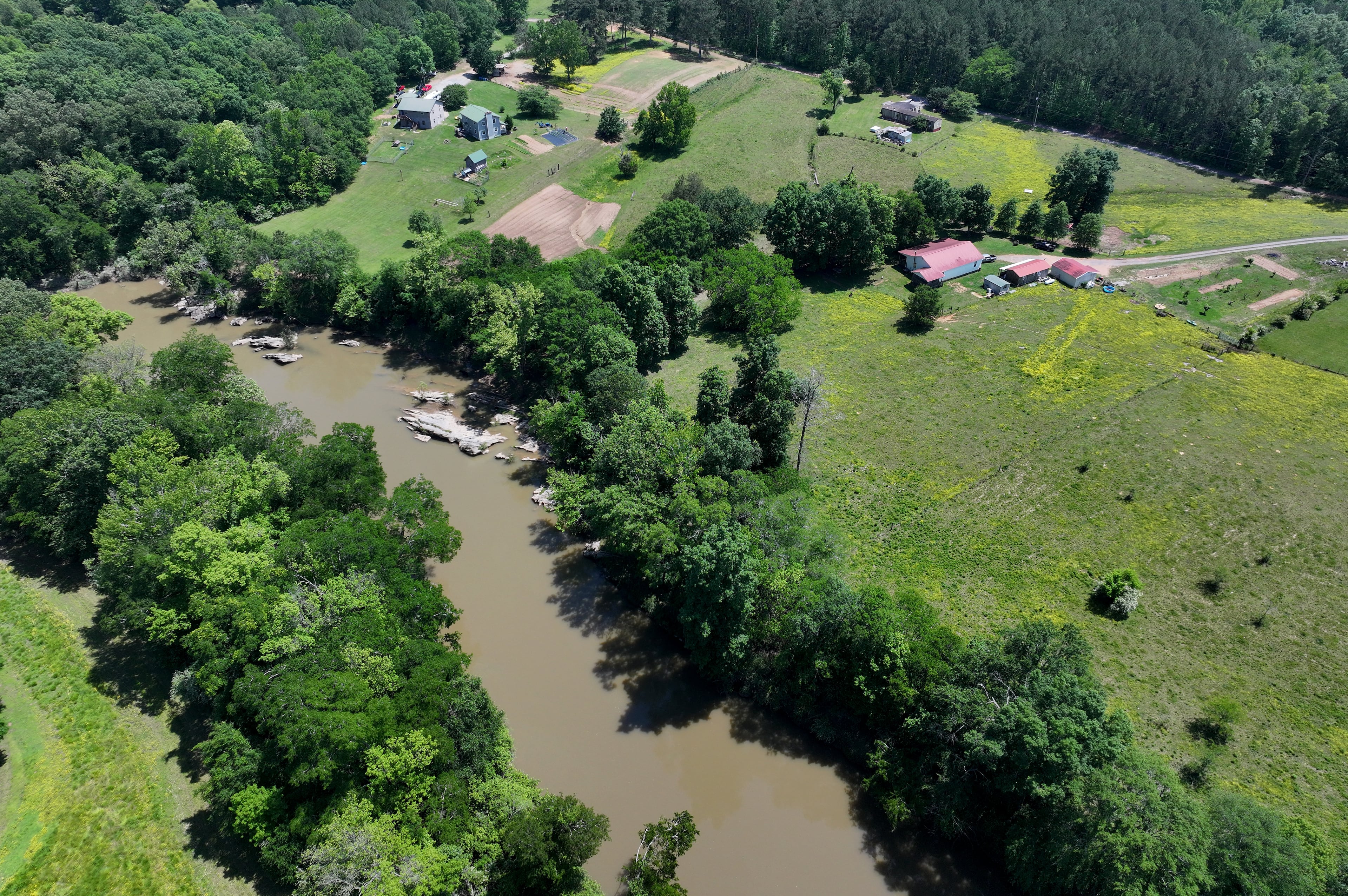Two years after east Cobb floods, commissioners debate stormwater fee

After years of discussion about how to address Cobb County’s stormwater system issues, the Board of Commissioners is considering a stormwater fee to “provide for the equitable distribution of the cost of stormwater management services.”
Judy Jones, the water department director, presented her plan for implementing a stormwater fee and how the funds could be used. If the board decides to move forward, they could vote on the code amendments after two public hearings in January and February next year.
Currently, stormwater services are funded through water and sewer rate payers. Properties that use more water contribute a higher dollar amount to stormwater management, regardless of their impact on the system.
Commercial properties tend to have a higher impact on the stormwater system because they have larger impervious surfaces like concrete and other hard infrastructure that prevent water from soaking into the ground. That water must go into the drains instead, but homes and businesses can flood when there’s more runoff than the system can handle.
The average residential water customer using 5,000 gallons of water per month currently pays $2.14 for stormwater in their water and sewer rates. With a stormwater fee based on impervious surface, that same customer could pay an additional three cents with a $2.17 fee, Jones said.
For residential customers, the tiered fee could range from $2.12 to $5.00 per month depending on their square footage and which fee structure the board decides to use. Commercial properties with more impervious surfaces like parking lots would pay a significantly larger fee.
“If your property has very little impervious surface, then you’re paying less. If your property has more, you’re paying more,” Jones said. “It kind of spreads it out instead of everybody paying the same thing.”
The county could opt, instead, for a flat rate stormwater fee like several of the cities in Cobb County currently charge, but Chairwoman Lisa Cupid said that would be less equitable.
Flash floods in east Cobb and across the northern Atlanta suburbs caused hundreds of thousands of dollars worth of damage — and property owners were stuck with the bill, despite the county’s “woefully inadequate” flood mitigation system, one homeowner said at the time.
That same year, the county commission began studying whether a stormwater fee could help fund needed improvements to the flood mitigation system. The funds will not go to repair flood damage on private property, which is prohibited by law, Jones said. However, improvements to the overall system could help mitigate future flooding.
Jones listed an additional $11 million worth of services the water department could begin on top of their current services if they had more funding: repairing and adding proactive linings to pipes, increasing staff, and creating an in-house crew for repairs.
But Commissioner JoAnn Birrell said the county could pay for those things with the money that is currently transferred out of the water fund every year into the county general fund. While the county lowered the transfer from 7% down to 6% with the last budget, that’s still $15 million being taken away from the water department, Birrell said.
“I can’t support another fee,” Birrell said. “We’ve had three water rate increases since I’ve been here, and we still have the water transfer.”
Gambrill said instead of implementing a fee, the county first needs to look at how developers are routing stormwater in the first place so that the system is created to be effective. She also pointed out that the water system’s staffing shortfall has caused a backlog of work orders, even without taking on the additional work proposed by Jones.
“We don’t have the staffing to do the job now. How are we going to get the staffing to do this?” Gambrill said.
Commissioners said they would like to receive public feedback before making any final decisions, and they are required to hold public hearings on any proposed code amendments. Watch the stormwater work session here.



